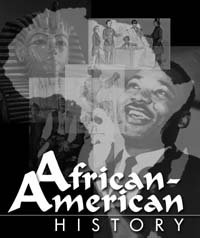I'll Never Be Able to Pay Her Back
I'll never be able to pay her back. It's a few days before Christmas and I drive to my mother's house before rushing to the office. Usually I jet to the campus to get an early start. But this particular morning I drove downtown near the bridge where my mother lives in an apartment complex. I wanted to drop off some money because I know how much she always enjoyed buying even smallest of things with her few cents, hoping to bring joy to twelve children. We never had much in the way of material things--only those pleasures that came with a close-knit family. Mom taught us that we were all in it together.
"I want you to spend this on yourself," I said. She's never asked for much, only that we take care of ourselves and one another. I know that she'll spend the money on what makes her happy. She'll make it go far, but not for herself. Making others happy is all that she knows and that's what she'll do--until the last penny is spent. It's been that way ever since I've been her son--and long before then.
My debt to her is not measureable. I'll never be able to pay her back.


